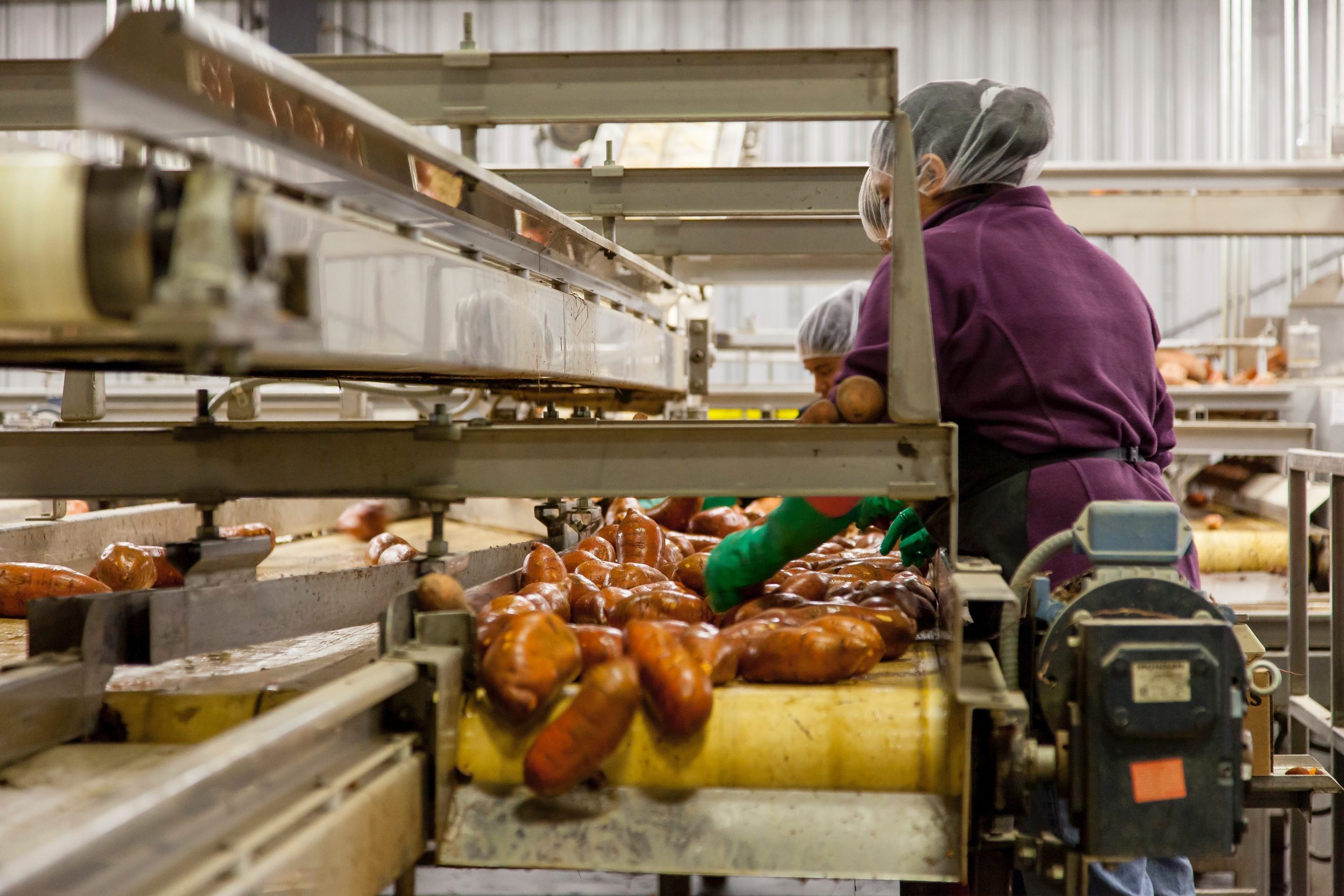People work for two reasons: to make enough money to earn a living and/or to do work they feel matters.
And yet, at least 13% of workers don’t even make a living wage through their paycheck, and millions of others are stuck doing menial work where they could be fired by an algorithm if they don’t keep pace.
We are constantly bombarded with news of the “booming” job market, and it’s true that the nation is adding a lot of jobs. The problem is, many of them are bad jobs.
What makes a job “bad”?
Many things can make a job bad, and an otherwise good job can sometimes be rendered bad by poor management, a toxic work environment, or a bad skills fit.
Generally speaking, though, a bad job is one that does not fulfill the most basic promises of having a job: paying enough to live and providing fulfilling work.
Common characteristics of bad jobs include:
- They don’t pay a living wage.
A living wage is defined as the amount of money a person needs to cover basic expenses like housing, transportation, food, healthcare, and childcare. The average living wage for a single person with no dependents in the United States is $25,297 a year. For a family of three with one working parent, it’s $49,157. 18.6 million workers (12.8% of the workforce) earn less than the average minimum wage, which amounts to $24,544 a year for a full-time employee. In other words, millions of Americans with jobs don’t earn enough to cover basic expenses for themselves and their families. - They prioritize productivity over workers’ health and well-being.
In her book On the Clock, investigative journalist Emily Guendelsberger describes working three low-wage jobs–at an Amazon fulfillment center, a call center, and a McDonald’s–over the course of a year. On top of the low wages she earned at each job, Guendelsberger describes the unique stress of having to work for a place that requires human beings to function like robots. “Millions of people battle millennia of evolution every day, desperately trying to be something fundamentally different from what we are,” she writes. “And when we inevitably fail, we torture ourselves with guilt over not being born a [robot].” Many of Guendelsberger’s colleagues–particularly those at Amazon–considered these jobs to be good because they paid better or were less grueling than other jobs they’d had. But jobs that treat workers like robots instead of human beings in an effort to cut costs and increase productivity are bad jobs, plain and simple. All told, roughly 8 million Americans work in warehouses (1.1 million), call centers, (3.3 million), or fast food restaurants (3.7 million), and millions of others work in industries, like retail, that are famous for encouraging workers to function like machines. - Micromanagement is part of the business model.
Accountability is important, but workers need some level of autonomy in order to thrive. Being treated like a cog in a machine or having your opinions and ideas ignored devalues workers’ humanity and leads to disengagement. In her book, Guendelsberger describes having her performance at the Amazon warehouse constantly monitored by a scan gun that would time how long it took her to locate and pick a particular item from among miles of storage containers. At the call center, computers timed every phone conversation and reported them to management. At McDonald’s, managers reprimanded employees for clocking in from their breaks one minute late. - They are unpredictable and insecure.
Variety may be the spice of life, but people need consistency to thrive. If a worker’s schedule changes every week (as is common in retail and food-service jobs) or if they don’t make a steady paycheck (as is true for many in the ever-expanding gig economy), the insecurity will bleed into the rest of their lives. Securing childcare, budgeting expenses, and even figuring out when to sleep become infinitely more complicated, making life even more stressful.
Bad jobs are bad for society
When workers aren’t paid enough to afford even basic expenses, they can’t spend money, and the economy can’t grow. In extreme circumstances, they’re forced to rely on tax-funded benefit programs. When workers are forced to put their health and safety at risk, they increase healthcare costs and may be forced to leave the workforce prematurely, which further depresses the economy.
Get the Gravity newsletter for the latest FAQs, tools, tips and tricks
And when workers are not engaged in their jobs, the organizations that employ them suffer since they’re losing out on the productivity, efficiency, and ideas that engaged workers provide.
We tend to think any job is better than no job, but bad jobs often benefit employers while actively harming employees and communities. We need to do more to create good jobs.
So what can we do to create good jobs?
- Companies can do better. They can start by paying their lowest-wage workers more and investing resources to help all employees thrive. They can empower workers through training and leadership programs and by giving them the autonomy to make decisions and improve their own experience on the job. In her book The Good Jobs Strategy, management expert Zeynep Ton profiles several companies that have mastered the art of providing good jobs in industries (especially retail) where workers are often treated as expenses to be minimized instead of assets to be invested in. Not only do these companies have happier, more fulfilled, and more engaged workers, but their empowered workers help create more productive, profitable, and resilient companies.
- The government can step up. The United States government has a long history of creating laws and policies that help workers. The forty-hour work week, child-labor laws, the minimum wage, federal safety guidelines, social security, and other innovations have all made work better and safer for American workers. More recently, however, the government has stepped back from its duty to protect workers. The federal minimum wage of $7.25 an hour has not been raised in over a decade, and the government has consistently rolled back protections on labor laws that help workers demand better wages and conditions. Over the past four or five decades, the federal government has consistently adopted policies that benefit the wealthy and corporations while undermining the ability for regular Americans to get good jobs. It’s time they do the opposite.
The good news is bad jobs are not inevitable, and research consistently shows how companies that provide good jobs outperform those who rely on bad jobs, especially over the long term. So instead of celebrating low unemployment numbers that mask the number of bad jobs being created, let’s start demanding more from our employers. Our society–and humanity–will be better for it.
 Gravity CEO Dan Price writes frequently on American business.
Gravity CEO Dan Price writes frequently on American business.




